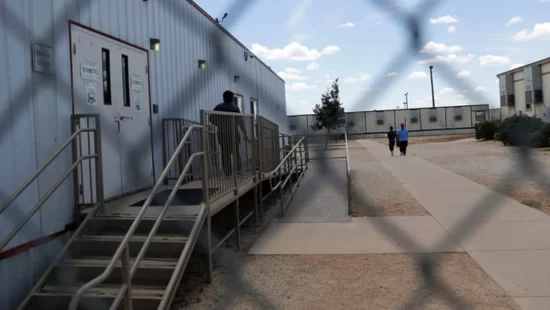A coalition of labor and progressive activists announced Tuesday that they plan to urge the Los Angeles County Board of Supervisors to consider a proposal to raise the minimum wage to $30 per hour, gradually phasing in the increase over roughly five years for businesses in unincorporated areas.
If approved, this would be a dramatic rise from the current $17.28 minimum wage and would mirror a similar increase the Los Angeles City Council approved in May for hotel and airport workers, set to take effect by 2028.
Outside the L.A. County Hall of Administration, organizers said the real economic crisis in the city is hitting low-wage workers hardest. The group Living Wage for All highlighted the impact of high rents, citing U.S. Census and Zillow data showing that nearly 75% of restaurant workers spend more than half their income on housing.
“That means people have to choose between paying rent, buying good food, or saving for a rainy day,” said Estuardo Mazariegos, co-director of the Alliance of Californians for Community Empowerment (ACCE) in Los Angeles. “We want to ensure that in the world’s fifth-largest economy, people don’t have to work two or three jobs just to have a decent standard of living.”
A recent report highlights the severity of the crisis: with average rents in Los Angeles at $2,750 per month, many minimum-wage workers—earning roughly $3,096 per month for a 40-hour week—still struggle to make ends meet. The U.S. Department of Housing and Urban Development considers spending more than 30% of income on housing a cost burden, with more than 50% constituting a severe burden.
Carla Estrada, who earns $1,600 every two weeks, described her own struggles: “[I spend] $1,600, and I’m practically spending $400 a week on food.” Business owner Andrea Solís added, “It’s gotten to the point where we have to live with family just to pay the rent.”
Currently, the minimum wage is $17.81 per hour in Los Angeles County and $16.50 per hour statewide. The coalition says it will submit the formal request for the $30 wage after the Christmas holidays, framing it as a necessary step to address Los Angeles’ deepening affordability crisis.








